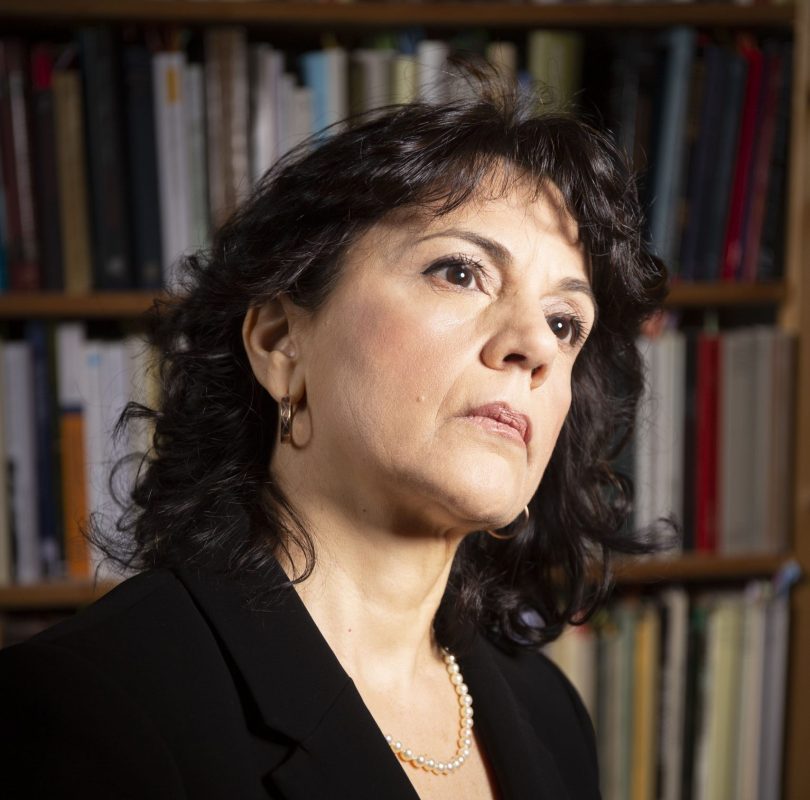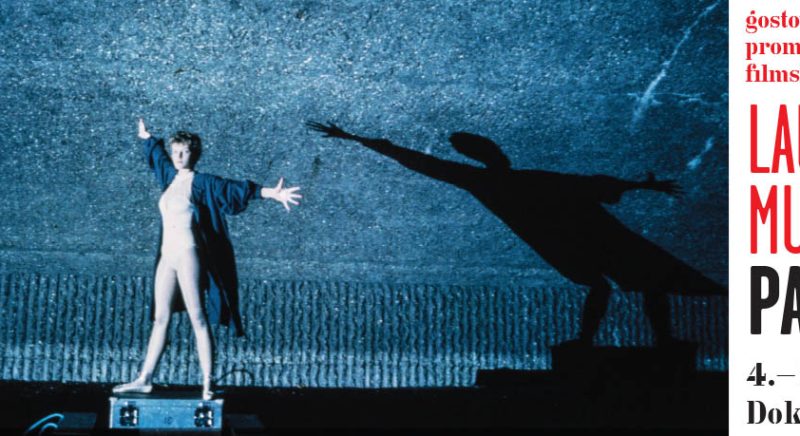
The camps stud the boundless hinterland of misery, the planetary suburbs of hardship and desolation, the peripheries of the Western cities. They are multiplying at Europe’s borders and within its territory. The camps are not a spectre of the past. They attest not only to the missed promise of the ‘never again’, which shouldn’t have happened again. As both a sorting machine and a device of confinement, they make immunitary politics possible and allow ethnic cleansing.
Moderated by: Ante Andabak
Donatella Di Cesare is full professor of Theoretical Philosophy at the Department of Philosophy of the Sapienza University of Rome, where she is a member of the Doctoral College, and at the Sapienza School of Advanced Studies (SSAS). Her thought is located within continental philosophy (hermeneutics, deconstruction — Nietzsche, Heidegger, Gadamer, Derrida), delving into the themes of truth and understanding. Her work has focused on the connection between time and language (Walter Benjamin), considering the ethical and political issues of the other and otherness (Emmanuel Levinas). The Shoah has become central to her reflection (If Auschwitz is Nothing, 2023). Having already contributed many studies on this subject, in the aftermath of the publication of Heidegger’s Black Notebooks she questioned philosophy’s own responsibility towards the extermination (Heidegger, the Jews and the Shoah. The “Black Notebooks, 2016). She has repeatedly examined the relationship with the figure of the stranger and the foreigner (Marranos. The Other of the Other, 2019), also including the question of migration (Resident Foreigners. Philosophy of Migration, 2020). On the borderline between biopolitics and political theology, she has analyzed sovereignty and forms of domination (Spinoza). The challenges of violence, both visible and invisible, from totalitarianism (Arendt) to its contemporary forms (terror, torture, war), pushed her to rethink bare life and human rights. She has called for philosophy to return to the pólis, by outlining the possibility of a radical thought capable of combining existence and community (The Political Vocation of Philosophy 2021). In recent years, she has articulated a critique of state politics, contributing to a reworking of the concept of democracy (Democracy and Anarchy, 2024).

















